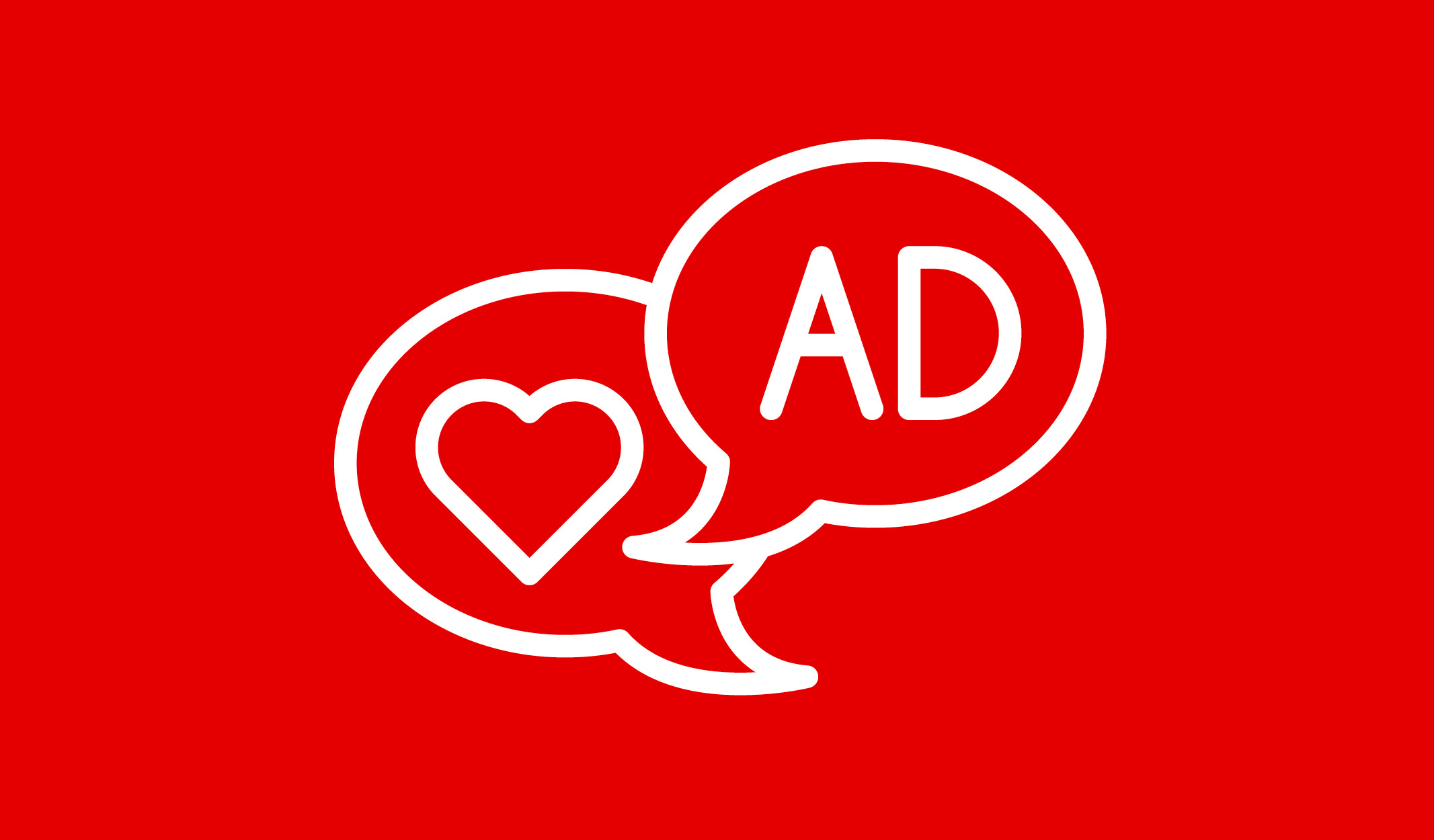When it comes to maximizing bookings and revenue, a hotel’s digital advertising plays a vital role, now more than ever when implementing a direct-booking strategy. It also serves as a key in reaching guests and sharing why they should stay with you. In other words, it allows you to reach out and build customer awareness, convey core values that reflect your brand’s image, communicate unique selling points and encourage customer loyalty.
For hoteliers competing for travelers’ mindshare in the hospitality industry, there is a wide range of digital marketing strategies to turn to. However, there’s one strategy gaining momentum you need to be aware of to help drive increased bookings — contextual marketing.
Contextual advertising: your chance to get upfront and personal
What is it exactly? Simply put, contextual advertising is advertising for your hotel’s website and booking engine (BE) that is relevant to your potential guests’ interest. Essentially, it looks at what a customer has done, what they are currently doing, and predicts what they may do in the future based on their online habits and trends. Having the ability to target guests when they’re in a specific time and place or frame of mind for considering your product or service offers a more open, persuasive way to communicate directly with travelers online. Companies no longer control the travel journey, customers do. Contextual advertising provides hoteliers the ability to directly connect with their target audience using timely, highly personalized, individualized messaging that provides greater value — online in the places they visit the most with relevant content. Another thing to keep in mind, mobile devices have made it easier for people to be online and connect with almost everything they desire. As they explore things and journey to different places at their own leisure, you’re able to target travelers’ wants and needs earlier in the guest journey at an even higher rate based on their given timeframe.86% of consumers say that personalization has an impact on what they purchase, and one-quarter admit personalization ‘significantly influences’ their buying decisions. – InfosysAs a whole, being online in the right context makes it easier for your target audience to immediately act because it usually offers a more seamless experience. The main challenge for hoteliers to overcome is to reach them in a way that does more than market to them, but instead personally speaks to travelers who crave experiences over things. Aligning your marketing to their activities and interests leads to higher conversion rates and increased direct bookings for hotels.
Some outside-the-box thinking for hoteliers
Many hoteliers are finding traditional approaches to advertising are becoming less effective in driving direct hotel bookings, particularly television where OTAs continue to compete against hotels for greater attention. In fact, the State of Advertising & Social Media 2017 study reveals that social media unseats TV advertising at 63% as the most effective medium for audiences 34 and younger. This is followed by product reviews/unpacking videos at 56%, website ads and sponsored social media posts at 54%. For 35-49 and 50+ consumers, TV advertising still tops the list of effective advertising tactics at 54% and 44%, supporting TV ad effectiveness increases with age.Industry trends indicate that it’s time for hoteliers to think outside the box when it comes to implementing a direct booking marketing strategy.Some key trends to keep in mind that have an increased impact on hoteliers to drive direct bookings: • Travelers shift to mobile • Increase in direct bookings through metasearch • Rising importance of user-generated content and guest reviews As millennials eclipse baby boomers, it’s critical for hoteliers to know what technology, channels, and experiences resonate with these first-generation digital natives. Best of all, hoteliers can be reassured that all these trends fit a contextual advertising strategy online — covering generations both young and old.
The perfect opportunity to become more social
As the numbers from the State of Advertising & Social Media 2017 study shows, the dominance of social media continues to grow across markets. With Facebook currently having 2.38 billion active monthly users and Instagram 1 billion, confirms that social media increasingly plays a more essential role for travelers in their online purchase journey. As guests begin planning their trips using a search engine, looking on social media for travel inspiration and also reading online reviews, contextual marketing offers an ideal platform for hoteliers to support the entire decision making and booking process.Visual content is vital in travel and hospitality; guests want a taste of what they can experience, and they want to feel engaged with the product or brand.People connect with images instantly and emotionally, communicating in ways that words alone cannot. Lending proof to this assertion, a Massachusetts Institute of Technology Study in 2014 found the human brain can process entire images in as little as 13 milliseconds. Today, it is more likely that your audience will seek out photos and videos on social media before making a booking. In fact, your hotel’s visual brand identity and its social media presence are often one of the final decision-makers for consumers when proceeding with a booking. It has been stated that visuals increase user engagement — in some reports, by as much as 94%. In 2017, Travolution reported research showed that 40% of millennial travelers (aged 18-33) said that their choice of holiday now depends on how ‘Instagrammable’ it is. This “Wish You Were Here” approach — using a captivating image that reflects your hotel brand’s ethos and story — can go a long way in promoting your brand’s relevance to your target audience. Contextual advertising lets you frame and post it so users can share it, which ultimately allows you to convert them from lookers into bookers.
